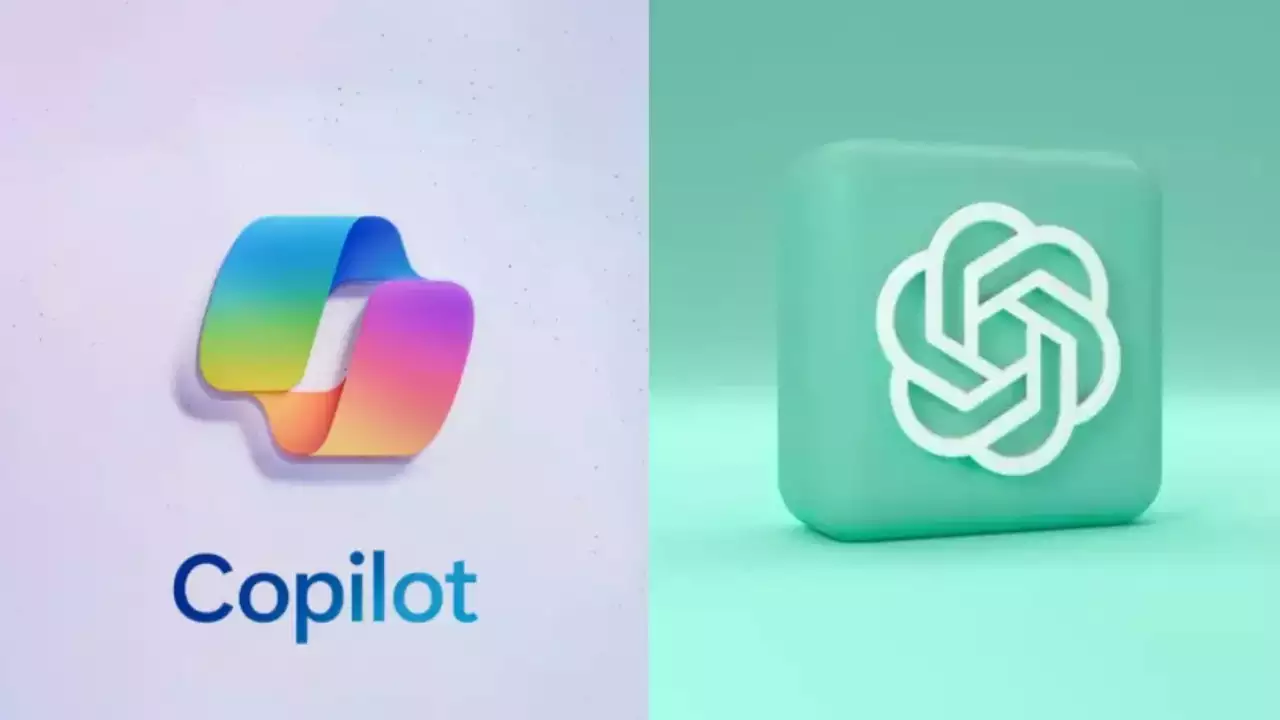The landscape of AI chatbots has become increasingly competitive, with two major players leading the field: ChatGPT and Microsoft Copilot. Both offer unique features and capabilities, catering to different user needs. Here’s an in-depth look at each to help you decide which one suits you best.
Overview of ChatGPT and Microsoft Copilot
ChatGPT: Developed by OpenAI, ChatGPT is a versatile AI model capable of natural language processing and generation. It excels in a wide range of tasks, from casual conversations and content creation to coding assistance. The free version of ChatGPT provides basic functionalities, while the ChatGPT Plus plan ($20/month) offers access to advanced features and the latest GPT-4 models, which include capabilities like image generation and document scanning.
Microsoft Copilot: Microsoft Copilot integrates seamlessly with the Microsoft 365 ecosystem. It leverages large language models combined with Microsoft Graph data to provide personalized assistance across applications like Word, Excel, PowerPoint, and Teams. Copilot is designed to enhance productivity and efficiency by contextualizing and personalizing responses based on user data within Microsoft 365 apps.
Key Features and Capabilities
ChatGPT:
- Versatility: ChatGPT can engage in various types of conversations, create essays, summarize content, write code, and even generate art descriptions.
- Accessibility: Available on web and mobile platforms (Android and iOS).
- Pricing: Free version available; premium features accessible through ChatGPT Plus ($20/month).
- Customizability: Users can build custom GPTs for specific tasks using their own data.
Microsoft Copilot:
- Integration with Microsoft 365: Directly embedded in Microsoft applications, providing contextual support based on user data.
- Productivity Enhancement: Designed to boost productivity through features like automated document creation, data analysis in Excel, and email management in Outlook.
- Pricing: Available as an add-on to Microsoft 365 subscriptions for $30 per user per month.
- Enterprise Focus: Includes solutions for specific use cases in business environments, such as Dynamics 365 for customer service and sales.
Strengths and Weaknesses
ChatGPT:
- Strengths: Highly adaptable, strong in brainstorming and problem-solving, capable of providing detailed explanations and documentation assistance.
- Weaknesses: Code suggestions may require verification and adaptation, and it lacks real-time integration with specific IDEs for coding.
Microsoft Copilot:
- Strengths: Excellent integration with Microsoft 365, highly personalized and context-aware responses, ideal for users already within the Microsoft ecosystem.
- Weaknesses: Primarily useful for tasks within Microsoft 365, less versatile for general conversations or non-Microsoft applications.
Use Cases
ChatGPT:
- Ideal for individuals and developers seeking a flexible AI assistant capable of handling a wide range of tasks, from coding to content creation.
- Suitable for users who need a conversational AI that can provide detailed explanations and assist in educational contexts.
Microsoft Copilot:
- Best for business professionals and teams heavily invested in the Microsoft 365 environment.
- Perfect for enhancing productivity and efficiency in tasks such as document creation, data analysis, and team collaboration within Microsoft apps.
Choosing between ChatGPT and Microsoft Copilot largely depends on your specific needs and the environment in which you operate. ChatGPT offers broad functionality and adaptability, making it suitable for diverse use cases beyond the Microsoft ecosystem. On the other hand, Microsoft Copilot shines in enhancing productivity within the Microsoft 365 suite, providing contextually rich and personalized assistance.



















